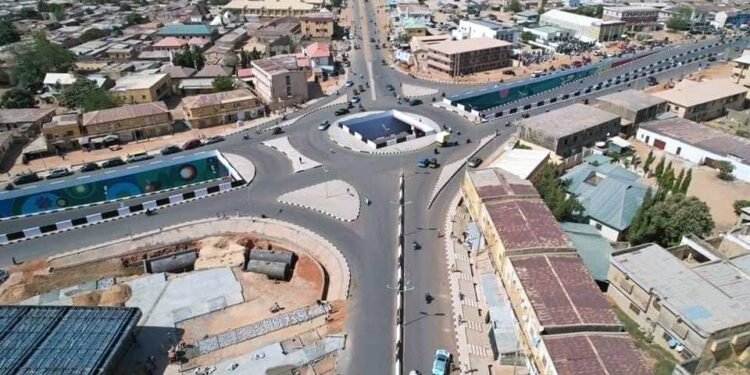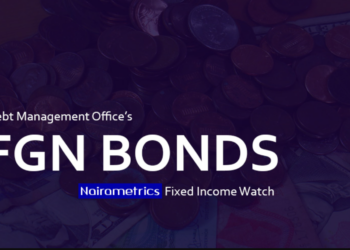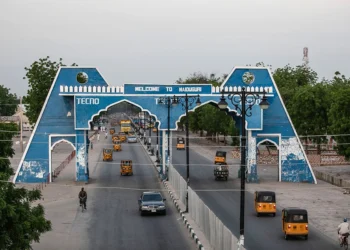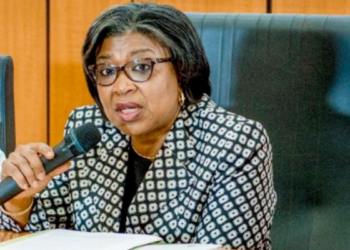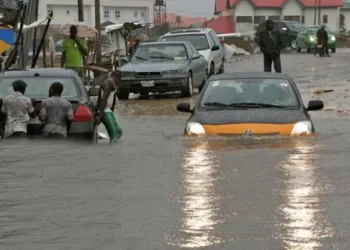Nigeria’s ten least indebted states owed a combined total of N191.8 billion in domestic debts in Q1 2025, according to the Debt Management Office (DMO).
This represents 4.96% of the country’s total sub-national debt during the quarter.
In the period under review, Jigawa emerged as the state with the lowest sub-national debt in the federation.
On a year-on-year basis, sub-national debt among these states declined by 4.91%, from N4.07 trillion in Q1 2024 to N3.87 trillion in Q1 2025. States such as Anambra, Borno, and Kaduna also recorded reductions in their debt profiles over the same period.
The latest DMO report highlights a reshuffling in Nigeria’s sub-national debt landscape, influenced by fiscal constraints, infrastructure development ambitions, shifts in oil revenue, and tighter federal allocations.
This analysis examines the debt trends of the top 10 least indebted states.

The DMO data shows that Kebbi state’s domestic debt stock fell from N17.06 billion in Q1 2024 to N15.1 billion in Q1 2025.
This represents a 11.49% year-on-year decrease in the period under review.
Most of the state’s debts went into infrastructural projects, especially roads and aviation.
The Minister of State for Works, Engr. Abubakar Aliyu has stated that the FG will refund the monies spent on the Federal Government’s road projects by the state government.
The State was claiming over N2bn reimbursement for the 87km long Dabai-Mahuta-Koko road.
Recently, the Senate approved over N15.1 billion as a promissory note refund to Kebbi for construction works on the Sir Ahmadu Bello International Airport, Birnin-Kebbi.
According to the state’s 2024 budget performance report, the state achieved 68.2% of its recurrent revenue target. The state also made efforts to enhance revenue generation, including expanding the IGR base, curbing revenue leakages, and fostering stakeholder engagement to secure additional aid and grants.
The state prioritises capital investments for its developmental goals, focusing on key sectors such as education, healthcare, and infrastructure. The total capital expenditure budget for 2024 was N203.5 billion, inclusive of supplementary provisions. In Q4, the state expended N67.4 billion on various capital projects.

